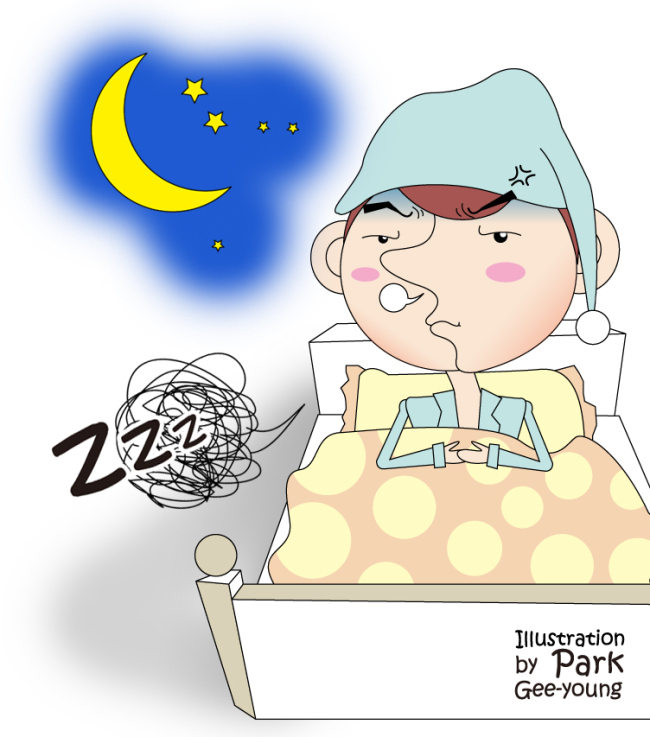
ROTTERDAM, Netherlands -- Severe sleep deprivation affects the body's immune system the same way physical stress does, researchers in the Netherlands and Britain found.
Lead author Katrin Ackermann, a post-doctoral researcher at the Eramus MC University Medical Center in Rotterdam, the Netherlands, and colleagues at the University of Surrey said if the study findings were confirmed using more data, they would have implications for clinical practice and for professions associated with shift work.
The researchers compared the white blood cell counts of 15 healthy young men under normal and severely sleep-deprived conditions.
The greatest changes were seen in the white blood cells known as granulocytes, which showed a loss of day-night rhythmicity, along with increased numbers, particularly at night.
In the study, white blood cells were categorized and measured from 15 young men following a strict schedule of 8 hours of sleep every day for a week. The participants were exposed to at least 15 minutes of outdoor light within the first 90 minutes of waking and prohibited from using caffeine, alcohol or medication during the final three days to stabilize their circadian clocks and minimize sleep deprivation.
White blood cell counts in a normal sleep/wake cycle were compared to the numbers produced during the second part of the experiment, in which blood samples were collected after 29 hours of continual wakefulness.
The study, published in the journal Sleep, found the white blood cells reacted immediately to the physical stress of sleep loss and directly mirrored the body's stress response. (UPI)
<관련 한글기사>
'잠이 부족하신가요?' 건강 적신호!
심각한 수면부족은 신체에 어떤 영향을 미칠까? 바쁜 현대인은 많은 경우 잠이 부족하다고 느낀다. 하지만 수면부족 현상을 일상의 부분으로 여기고 심각하게 받아들이지 않는 경향이 있다.
최신 연구 결과에 따르면 수면부족은 마치 육체적인 스트레스를 직접적으로 받는 것과 동일한 방식으로 신체의 면역체계에 악영향을 미치는 것으로 밝혀졌다.
네덜란드와 영국의 연구자들은 수면부족을 방치할 경우 건강상의 큰 위험을 초래할 수 있기 때문에 주의가 필요하다며 향후 조사결과가 더 많은 데이터를 통해서 검증될 경우 병원치료 방식과 교대근무를 하는 직업군에 영향을 미칠 것으로 내다봤다.
관련 연구는 15명의 건강한 남성을 일반적인 상황과 심각하게 잠이 부족한 환경에 놓고 백혈구 수치를 비교했다. 가장 큰 변화는 ‘과립성백혈구’의 주야간 리듬이 깨졌고 특히 밤에 수치가 증가했다.
피험자들은 사전에 일주일간 8시간 수면을 지키면서 평균적인 백혈구의 수치를 측정하고 분석해 놓은 상태였다. 정상적인 수면을 취하고 신체시계의 리듬을 안정적으로 유지하기 위해 카페인, 알코올, 복용약을 사용하지 못하게 통제했다.
수면 부족으로 인한 스트레스에 백혈구는 즉각적으로 반응했고, 신체 전반의 스트레스 반응을 정확하게 반영했다고 연구자들은 밝혔다. 논문은 학술저널 ‘Sleep’에 게재됐다.
(코리아헤럴드)








![[Hello India] Hyundai Motor vows to boost 'clean mobility' in India](http://res.heraldm.com/phpwas/restmb_idxmake.php?idx=644&simg=/content/image/2024/04/25/20240425050672_0.jpg&u=)










